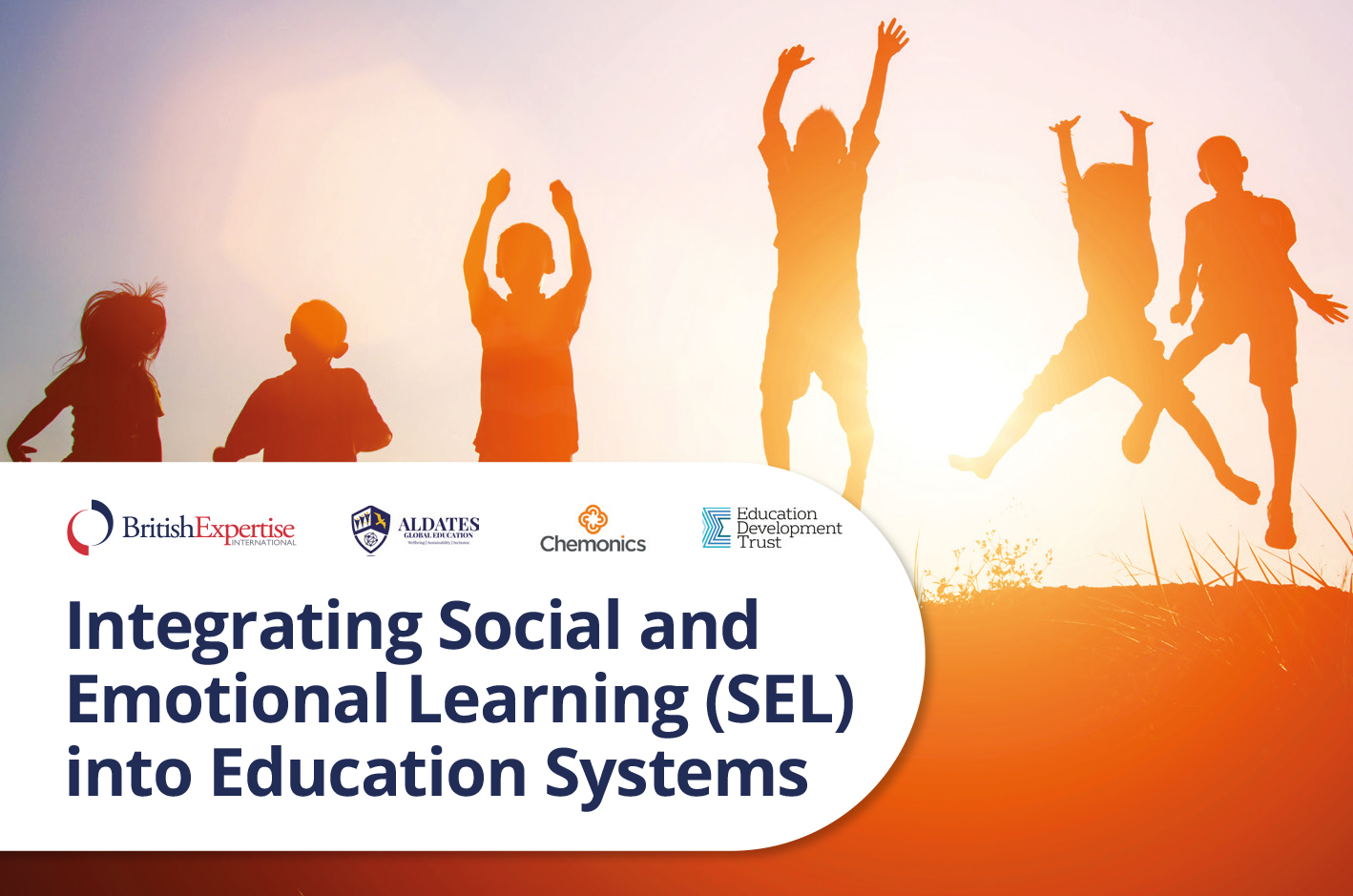

This event will provide the opportunity to share best-practice for embedding SEL in education systems across the globe. Panellists will examine SEL approaches at a school level, community level and family level, and how to successfully mainstream social and emotional learning in formal education systems. Social and emotional learning has a crucial role to play in collective efforts to transform education to equip learners with the knowledge, skills, attitudes and values necessary for positive social change as called for by SDG 4. In this context, our panel of three organisations will share case studies of their work on social and emotional learning, showcasing technical best-practice across different contexts, with a focus on Syria, Zimbabwe and the UK.
Social and emotional learning (SEL) is a key part of children’s development, wherever they are in the world. SEL interventions seek to improve pupils’ decision-making skills, interaction with others and their self-management of emotions, rather than focusing directly on the academic or cognitive elements of learning. SEL interventions might also focus on the ways in which students work with (and alongside) their peers, teachers, family or community. SEL advances educational equity and excellence through school-family-community partnerships to establish learning environments and experiences that feature trusting and collaborative relationships, rigorous and meaningful curriculum and instruction, and ongoing evaluation. SEL can help address various forms of inequity and empower young people and adults to co-create thriving schools and contribute to safe, healthy, and just communities.
For further information, please contact:
BEI Events Team | events@britishexpertise.org